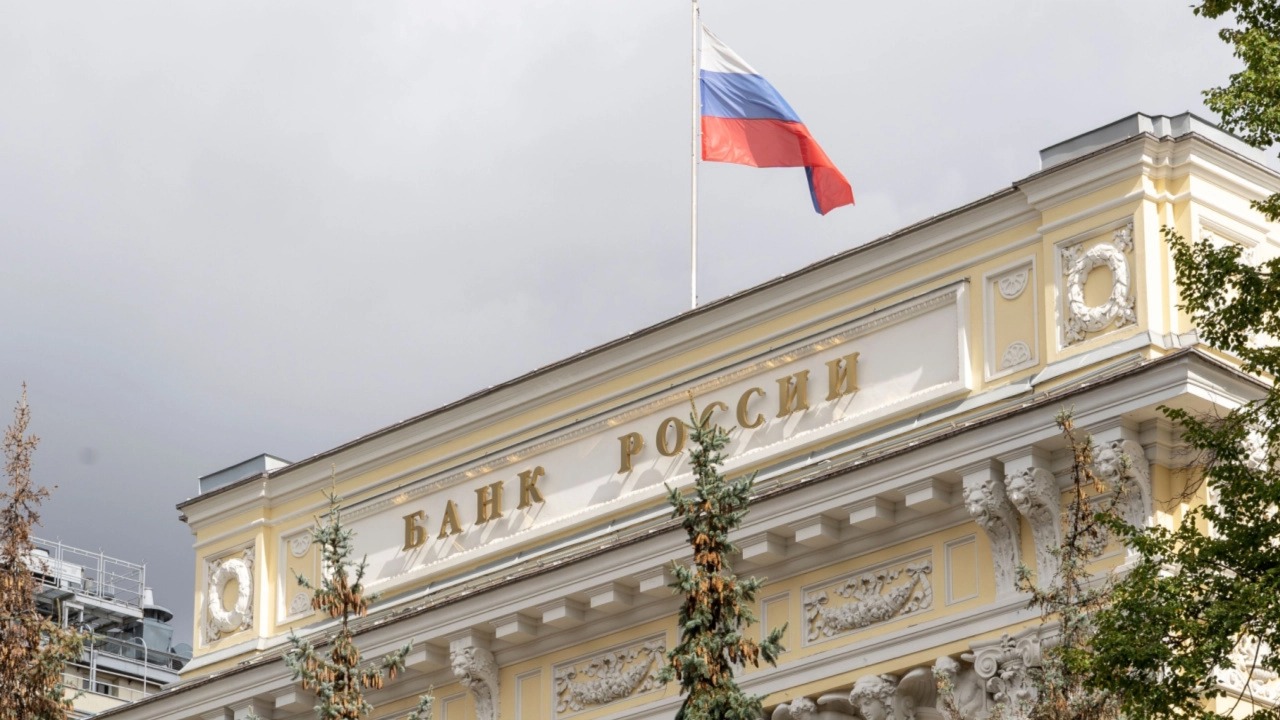
A report on countering illegal activity in Russia’s financial markets reveals that 56% of pyramid schemes in Russian Federation, or 537 entities raised funds in cryptocurrencies or advertised cryptocurrency investments. The paper was published by the Central Bank of Russia ( CBR).
RBC Crypto quoted the regulator as saying that sanctions imposed by Russia over the conflict in Ukraine had dramatically altered the working conditions of Russian financial institutions and fraudsters have benefited from this situation.
Russians wanted to find alternative investment options, so new financial pyramids were created. These schemes were usually small-scale and had a limited lifespan, explained the monetary authority.
The central bank was able identify more than 2,200 scams between January and June 2022. This includes projects and individuals, as well as companies and entrepreneurs that showed signs of financial fraud. This is three times more than the 2021 figure.
These entities are not limited to crypto, 671 of which targeted the securities market. The CBR reports that these companies may pretend to be licensed by regulatory bodies in different countries and collect money only in cryptocurrency or foreign fiat.
Bank of Russia has notified the Federal Tax Service, Roskomnadzor telecom watchdog and domain name registry to stop their activities. The CBR takes regular steps to block suspicious sites and maintains an extensive blacklist of entities likely to be operating illegally in the country’s banking sector.
Already in May, the Central Bank of Russia registered an increase in new financial pyramids that exploit the crypto theme. Their growth can also be attributed to the increased interest in investment options in the digital asset space due to financial uncertainty.
The Russian Ministry of Internal Affairs has suggested that this week, the Moscow authorities should make money-laundering services to cryptocurrency fraudsters criminally liable. If lawmakers agree with the ministry’s advice, these so-called “droppers”, sometimes innocent individuals who let scammers use their crypto wallets and bank accounts, could face up to seven years in prison.